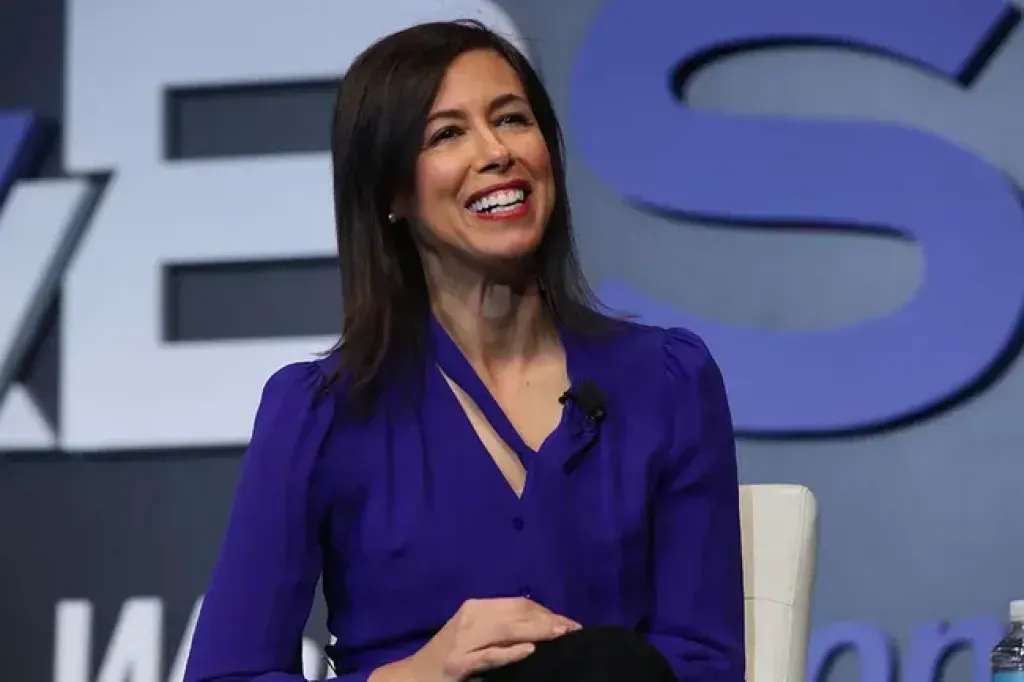Rosenworcel Leaving FCC on January 20, 2025
Rosenworcel’s tenure brought the Space Bureau, updated broadband benchmarks, and connected millions to high-speed internet.
Jericho Casper

WASHINGTON, Nov. 21, 2024 – Federal Communications Commission Chairwoman Jessica Rosenworcel announced Thursday that she will step down from her role on January 20, 2025, the day President-elect Donald Trump is to be sworn into office.
In a statement, Rosenworcel reflected on her groundbreaking tenure as the first woman confirmed to lead the agency, describing her time at the FCC as "the honor of a lifetime."
“Taking the oath of office on the street outside of the agency during the height of the pandemic, when so much of our day-to-day moved online, made clear how important the work of the FCC is and how essential it is for us to build a digital future that works for everyone," she said.
During her tenure, Rosenworcel championed efforts to close the digital divide and expand broadband access. She highlighted her management of the Affordable Connectivity Program – “the largest broadband affordability program in history” – as her greatest accomplishment. The program assisted over 23 million low-income households with the cost of connecting to high-speed internet at the peak of the pandemic.
Rosenworcel also worked to close the "homework gap," a term she coined to describe the lack of internet access for students outside of school. During her tenure, she helped more than 17 million students gain access to hotspots and devices for online learning, she said.
Another key achievement of her tenure was the creation of the FCC’s first-ever Space Bureau, to bolster U.S. leadership in satellite deployment and space-based communications. Under her leadership, the FCC prioritized spectrum management and streamlined regulatory processes, enabling innovations in satellite technology and expanding global connectivity.
Under her leadership, the FCC also updated the agency's definition of broadband for the first time since 2015 — raising the benchmark from 25 * 3 Megabits per second (Mbps) to 100 * 20 Mbps — and set a long-term goal of 1 Gigabit per second (Gbps) download and 500 Mbps upload speeds to meet future connectivity demands.
Rosenworcel's tenure was not without controversy. Her net neutrality rules were blocked by a federal court and some of her other key policies were challenged into court, including rules related to digital discrimination and Wi-Fi hotspots on school buses.
Republican FCC Commissioner Brendan Carr will become the next Chairman of the FCC, Trump announced Sunday night. Carr, who does not require Senate confirmation as a sitting commissioner, will have to wait until Trump confirms a third Republican commissioner to secure a majority at the FCC to get going with his agenda.
Rosenworcel led a 2-2 split commission for nearly 32 months, from her appointment as acting chairwoman in January 2021 until September 2023, when Anna Gomez was sworn in as the fifth commissioner, giving Democrats a 3-2 majority. (Rosenworcel was confirmed for another term as commissioner, whereupon she was designated as agency chairwoman, in September 2021.)
During this time, the FCC operated under significant constraints, as tie votes often prevented the agency from moving forward on controversial or partisan initiatives.
As the next FCC head, Carr is expected to promote an agenda that includes challenging the speech moderation policies of social media platforms and reversing net neutrality and digital discrimination rules adopted under Rosenworcel. Experts anticipate that Carr will work to reverse many consumer-focused proposals advanced during Rosenworcel's tenure.









Member discussion